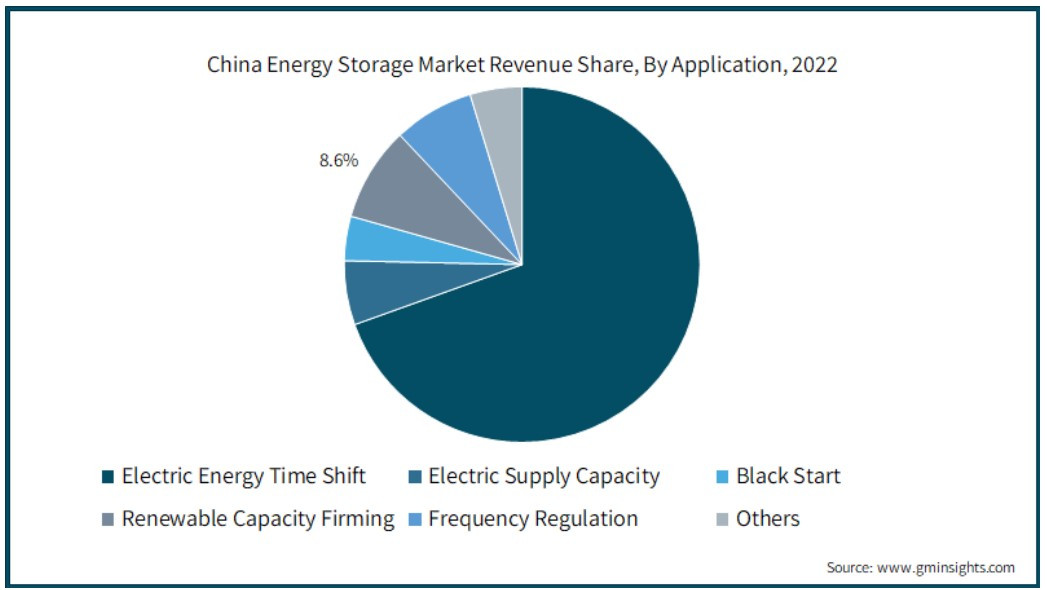Making India EV-ready
EESL recently announced ramping up EV charging infrastructure in the country by setting up 2,000 EV charging facilities by March 2021. Shraddha Kakade, Assistant Editor - ETN interacted with N Mohan, Deputy GM, Head - EV Charging Infrastructure at EESL, in an online interview to understand the revenue model, standards for chargers, and other details for their upcoming charging stations.
What will be the standards for the new 2K EV chargers which will be installed?
The new 2K EV chargers that will be installed are Bharat standard DC-001 (15kW) chargers with high capacity 122kW DC fast chargers with combinations of Combo Charging Systems, including 50 kW [European standard], CHAdeMO – 50 kW [Japanese standard], AC-Type
2 – 22 kW [Global standard].
To date, we have installed 84 public charging stations complying with DC-001 (15kW) in the cities of Delhi, Noida, Kolkata, Chennai, and Nagpur. Apart from these public charging stations, EESL has installed a total of 470 captive chargers, out of which 170 are Bharat standard DC-001 (15kW) fast chargers and 300 are Bharat standard AC-001 (10kW) chargers.
What type of revenue model is being considered by EESL for the new charging stations?
EESL is working on aggregating demand by procuring EVs in bulk to leverage economies of scale by reducing the range anxiety among the consumers and increasing the adoption of e-mobility. The main capital required for setting up charging infrastructure depends on the availability of land, and as of now, it is being provided free of cost by most of the municipal bodies or firms for public charging stations. EESL works with them under the revenue sharing model; EESL pays a certain sum as a land rental to the entity for every kWh utilized by the company.
With EESL's innovative model of demand aggregation and bulk procurement, it receives EVs and chargers at a significantly discounted rate vis-à-vis the actual market value. Further, with access to low-cost funds, it is able to discover the most competitive project costs. Using this approach, EESL has established a sustainable business model, which makes EVs and related infrastructure affordable for the company and for end-users.
Where will the EV charging stations come up?
We are planning to set up EV charging stations in 9 - 10 major cities in the current year. These cities include Mumbai, Nagpur, New Delhi, Noida, Bangalore, Chennai, Hyderabad, Ahmedabad, and Kolkata.
EESL has installed more than 300 charging stations across India, what has been the response to those facilities?
In pursuit of increasing the charging infrastructure penetration, EESL has partnered with urban local bodies in cities like Hyderabad, Noida, and Ahmedabad, and is in discussion with others to set up charging infrastructure within cities. We have also tied up with various private and public companies such as Apollo Hospitals, BSNL, Metro Corporations, BHEL, BPCL, and others, to set up public charging infrastructure in their respective areas to boost the adoption of e-mobility in India.
We have taken a leap of faith and feel that the offer to taxi operators and aggregators is to take the vehicle from us on dry lease [without the driver], and pay us `6,000 per month with 3,000 km free charging at any of our public charging stations in Delhi. Instead of paying `1,400 for diesel, they would spend `200 per day.
We feel demand has picked up with time and has seen quite a good attraction from the EV fleet and cab aggregators around the facilities. We look forward to making the country electric.




















